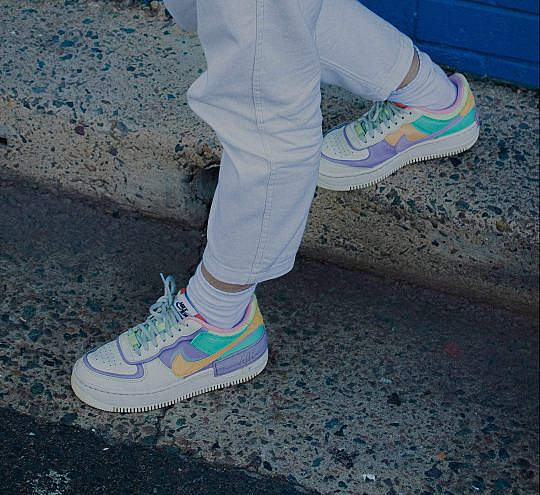Targets zero waste and transparent supply chain as it fights fast fashion and champions slow style
The Leather and Hide Council of America (LHCA), the representative body of the U.S. leather industry, responsible for almost half the worldwide trade in hides, is setting out an ambitious goal to not only eliminate the waste from the dairy and meat industry by using every hide but also to expand its traceability program developed with NGOs.
The U.S. leather industry already uses 83% of the hides from dairy and meat – some 27.5 million hides per year – but has now committed to ensuring that the remaining 17% (5.5 million) are no longer incinerated or sent to landfill but used to make clothing, shoes, furniture and car interiors. This will save an estimated 137,500 tons of waste every year whilst reducing carbon emissions from landfill by 120,000 tons of CO2 equivalents.[1]
By targeting zero hide waste and providing a hard-wearing material that can last a lifetime, LHCA aims to advance the fight against fast fashion, which currently accounts for an estimated 8-10% of the world’s carbon emissions, and promote ‘slow style’.
Stephen Sothmann, President, The Leather and Hide Council of America said, “Fast fashion is leading to a mountain of clothes being thrown away every year – many of them barely worn. This is not only a waste of precious resources and money; it is also highly polluting. Clothes buried in landfill can take up to 200 years to decompose, releasing harmful toxins into the air, soil and groundwater.”
“We want to reverse the wasteful cycle of ‘buy, wear, dispose’ by promoting sustainably sourced U.S leather as a natural, ‘slow’ style alternative. Earth Day is an opportunity to remind people of how far we have come as an industry and to underline our ongoing commitment to sustainable, responsible leather production.”
LHCA is working on a number of initiatives to help buyers and consumers make more responsible choices. To give buyers confidence in the sourcing of their leather, it will be expanding its domestic traceability program that allows buyers to trace U.S. hides. Working with NGOs such as the National Wildlife Federation and World Wildlife Fund, LHCA will now be developing international equivalents.
LHCA is also stepping up its global campaign Real Leather. Stay Different. to help consumers make more informed decisions about the products they buy, by addressing the myths and sharing the facts about leather’s sustainable properties.
LHCA’s Stephen Sothmann added, “The leather industry is far more sustainable than it’s often given credit for. The reality is that zero cattle are killed to make U.S. leather; we upcycle animal hides that would otherwise go to waste. The leather production process is also cleaner than many people realize. Globally, we’ve reduced our water use by 37% over the last 25 years. We’re using less salt and, thanks to eco-friendly chemistry and process innovations, are cutting waste and emissions all the time.
“That’s why for anyone looking for a slow style alternative to the wastefulness of fast fashion, leather is a natural, durable choice.”
[1] Hides are natural products and vary in weight. The average is 25kg. Based on this, 5.5 million hides equate to approximately 173,500 metric tons of wasted hides. LHCA conservatively uses the US Environmental Protection Agency CO2 equivalent of emissions from food waste which is 0.88.








